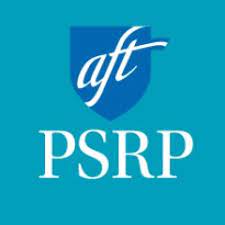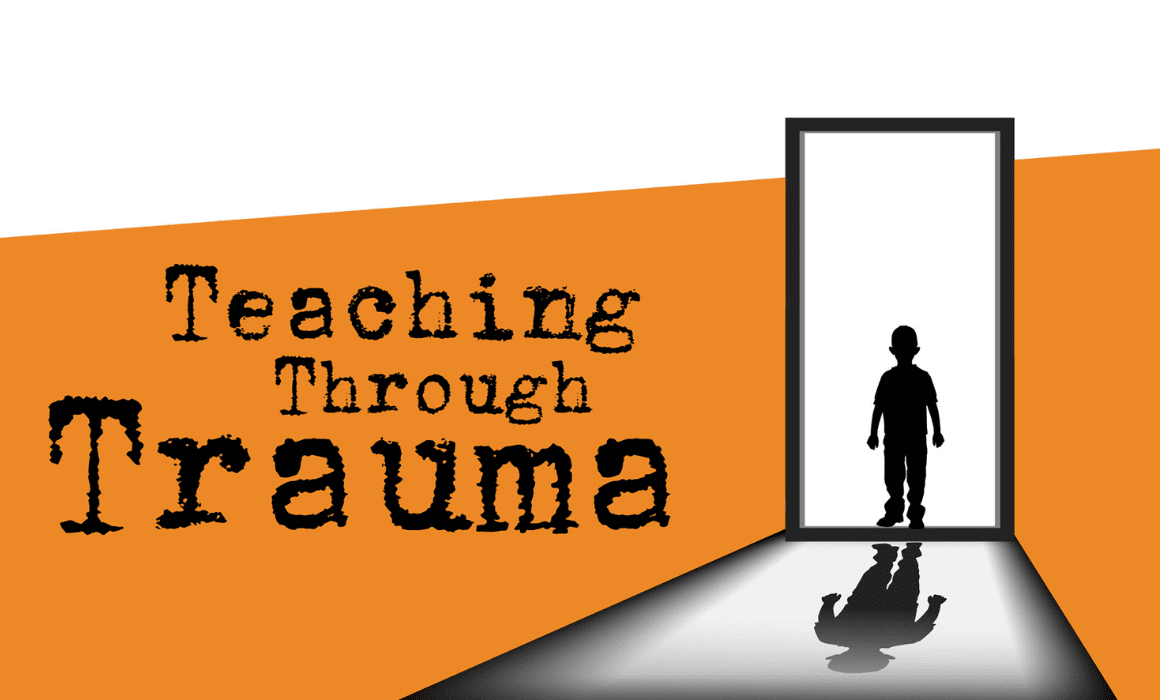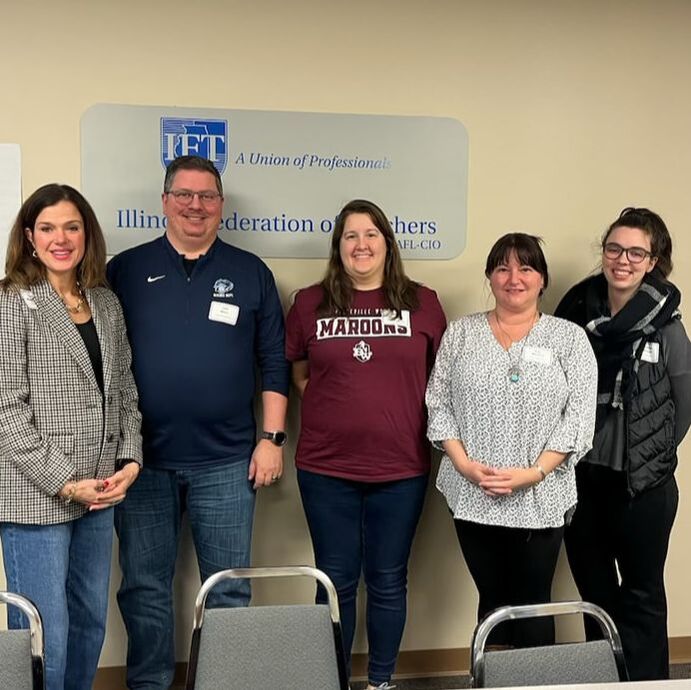 Administrative Assistants' Council President Liz de la Torre attended the PSRP conference in April. "For the PSRP Conference, my main takeaway was that all educators, no matter if they are Administrative Assistants, lunch workers, or bus drivers deserve respect. Respect does not only come in the form of a living wage, but it also should come from supervisors and coworkers. One of the workshops on the topic demonstrated how supervisors and coworkers can disrespect PSRPs and others through unconscious bias and steps PSRPs can take to positively indicate these biases through assertiveness. " Members from all 3 councils and all three campuses spent the March 24 Wellness Day participating in the IFT Trauma Informed Training Session. Here were some key takeaways:
Kara Schnoeker: On March 24th during the teacher institute, I was fortunate enough to attend the Trauma-Informed Teaching Training Session with colleagues and friends. It is hard to put into words how useful and enlightening the training was. Those of us who attended training were able to collaborate with each other on how to best support our students, our colleagues, and ourselves emotionally. We had really amazing and productive conversations as a whole group and in small groups. I felt like we accomplished so much in such a short period of time, and it sparked some much-needed conversations and assessments on how we respond to different scenarios in the classroom. It is amazing to me how so many of us shared similar thoughts and feelings, but had never discussed them in a group setting. This training was a wonderful experience, and I am very happy that I made the decision to attend. Tiffany Stellhorn: 1) I experienced an in-depth hour-long training on how to do a restorative circle. Even though I’ve experienced restorative circles within my classroom, with assistant principals and parents, this training strengthened my ability to create a conducive learning environment. I don’t have a fear or nervousness about the Advisory period next year. 2) Throughout the day, we went into depth of our strengths as a district and our challenges as a district. We realize that only half our staff will read about our experience (and that’s optimistic). We have this Advisory Period next year where we have no idea where/what to expect. However, at this training, we connected as colleagues. I gained friendships and trust with others I never would’ve done on my own. It re-filled my “cup. 3) The overarching goal I feel now is how can we as a union help each other. Towards the end of the day, we were left with the “Now what?” Those of us in the training created a Google Chat/Space to start sharing ideas of how we continue. Next step so far is to attend the DEI (Diversity, Equity and Inclusion) Summit on June 8th. Members attended this professional development in January. Here are some of their key takeaways:
Jeff West: "We learned how to begin and sustain union engagement at the local level. Participants also were given an opportunity to meet other active members in other local teachers' unions." Chelsea Kilzer: "I learned how I can be more involved in the protection of my rights as a public educator while also making sure that every student has access to FAPE." Tiffany Stellhorn: "When we want change, we need numbers backing the idea. In order to get the numbers, we need to track involvement. We gained ideas on how to ensure information gets out to the membership and how to have difficult conversations with each other about changes individuals want for the upcoming contract." |
Categories
All
Archives
May 2023
Editor:
Proud alumnus, union member, and educator in District #201 since 2006. Contributors
Dr. Hentze is the author of High Finance with Hentze, a monthly blog that provides news about District 201's current financial state. |


 RSS Feed
RSS Feed